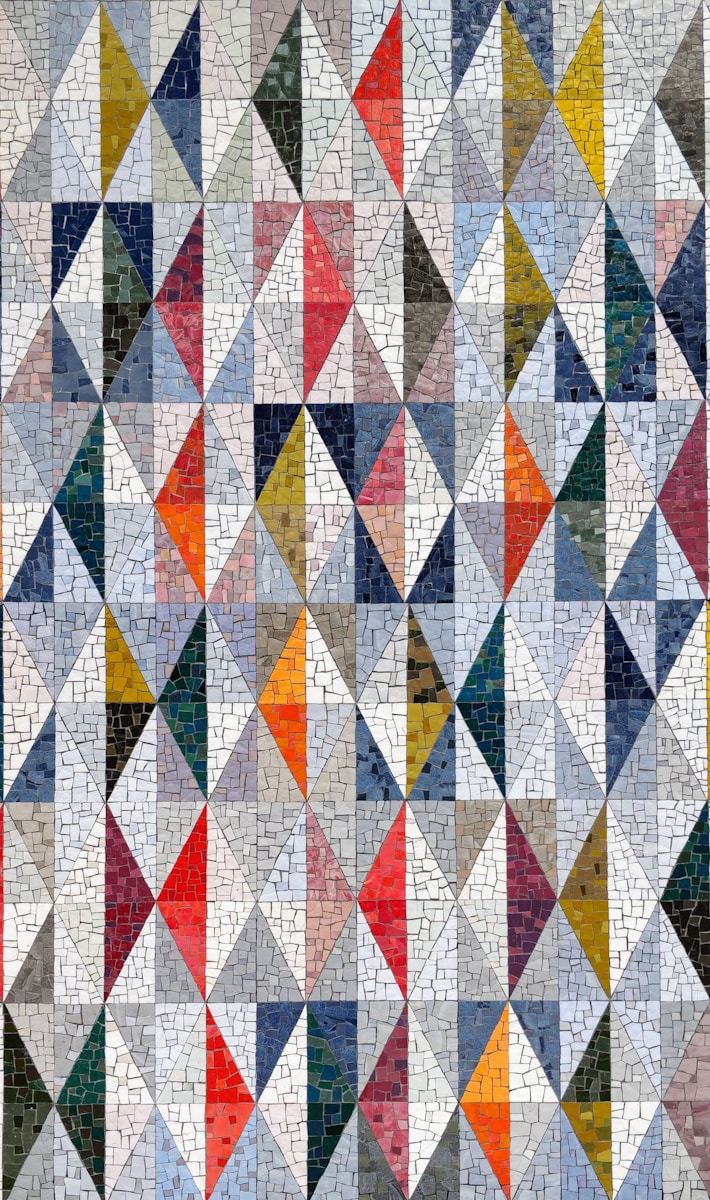Sterling and Wilson Private Limited vs. Joint Commissioner [WP No. 20096 of 2020 judgment dated 10.01.2025]
In this ruling, the Hon’ble Andhra Pradesh High Court, decided the question that for the purposes of levy of GST, whether the installation of solar panels would amount to ‘works contract’ subject to 18% GST or will it be composite supply simpliciter subject to 5% GST. The court on a previous occasion vide its order dated 25.11.2022 had remanded the matter back to the Appellate Authority directing that order shall be passed as per Circular No.163/19/2021-GST, dated 06.10.2021. However, the petitioner submitted that the circular has not been notified and was not available for adjudication, to which the Government Pleader also agreed and hence by way of review application, the matter was once again brought before the Court.
The petitioner was in the business of setting up solar power plants, paying GST at the rate of 5% on such supply, and as the inputs were taxed at a higher rate, he filed refund application to claim refund of Rs. 8,65,63,538, under inverted duty structure. This application was rejected and department issued show cause notice proposing to levy GST at the rate of 18%. The petitioner submitted that the transaction should be treated as ‘composite supply; the two constituent taxable supplies falling under Sl.No.234 of Notification No.01/2017-CT(Rate) dated 28.06.2017 and Sl.No.38 of Notification No.11/2017-CT(Rate) and applying Section 8, the same would result in tax being levied @ 5%. He submitted that installation of solar plant resulted in movable property.
On the other hand, department submitted that, the installation of solar plant resulted in immovable property and hence it is supply of ‘works contract’ service, taxable at 18%.
The Court analysed the legal provisions in respect of ‘composite supply’ and ‘works contract’. The Court notes that composite supply has been defined under Section 2(30) and its taxability is determined based on Section 8. In respect of works contract it was noted that the supply of works contract is defined in Section (119) and it is also composite supply on combined reading of Section 7 and Note 6 of Schedule II to the CGST Act. The Court explained that while all ‘works contracts’ are ‘composite supply’, there may be ‘composite supply’ which are not ‘works contract’. The Court observed that only those composite supplies which result in construction etc. of immovable property would be works contract.
The Court relied upon the judgments of Commissioner of Central Excise, Ahmedabad v. Solid and Correct Engineering Works (2010) 1 SCC 122 and the sample copy of the agreement between the petitioner and one of its clients and held that the solar plant is an immovable property. The Court observed that the property, which is attached to a structure embedded in the earth, would also become immoveable property only when such attachment is for the permanent beneficial enjoyment of the structure, which is embedded in the earth. In this case, the civil foundation is embedded in the Earth, but the solar modules and the Solar Power Generating System have been attached to the civil structure for better permanent and beneficial enjoyment of the Solar Power Generating Station. The Court rejected the reliance placed by the department on the decision of Duncans Industries Limited vs. State of Uttar Pradesh (2000) 1 SCC 633, on the ground that in that case the finding of fact by High Court that the plant and machinery was embedded to earth was accepted by the Supreme Court and the Apex Court proceeded to decide the question on the basis of ‘permanent purpose’. In the present case however, the goods are not embedded in the earth.
W&B Comments: This judgment has given a major relief to the businesses involved in the proliferation of renewable energy as the stand taken by the department would have caused a major unreasonable tax burden on such businesses country-wide. However the confusion over this issue still prevails, which was further complicated by Circular 163/19/2021-GST which states that GST on such specified Renewable Energy Projects can be paid in terms of the 70:30 ratio for goods and services, respectively, for the period of 1st July, 2017 to 31st December, 2018. This circular is in clear violation of concept of ‘composite supply’ under Section 8 and further has been stayed by the Hon’ble Allahabad High Court its judgment of Dharampal Satyapal Limited Versus Union of India 2023 (8) TMI 1218. This issue should attract immediate attention of the GST Council and should be dealt with comprehensively.
By entering the email address you agree to our Privacy Policy.



